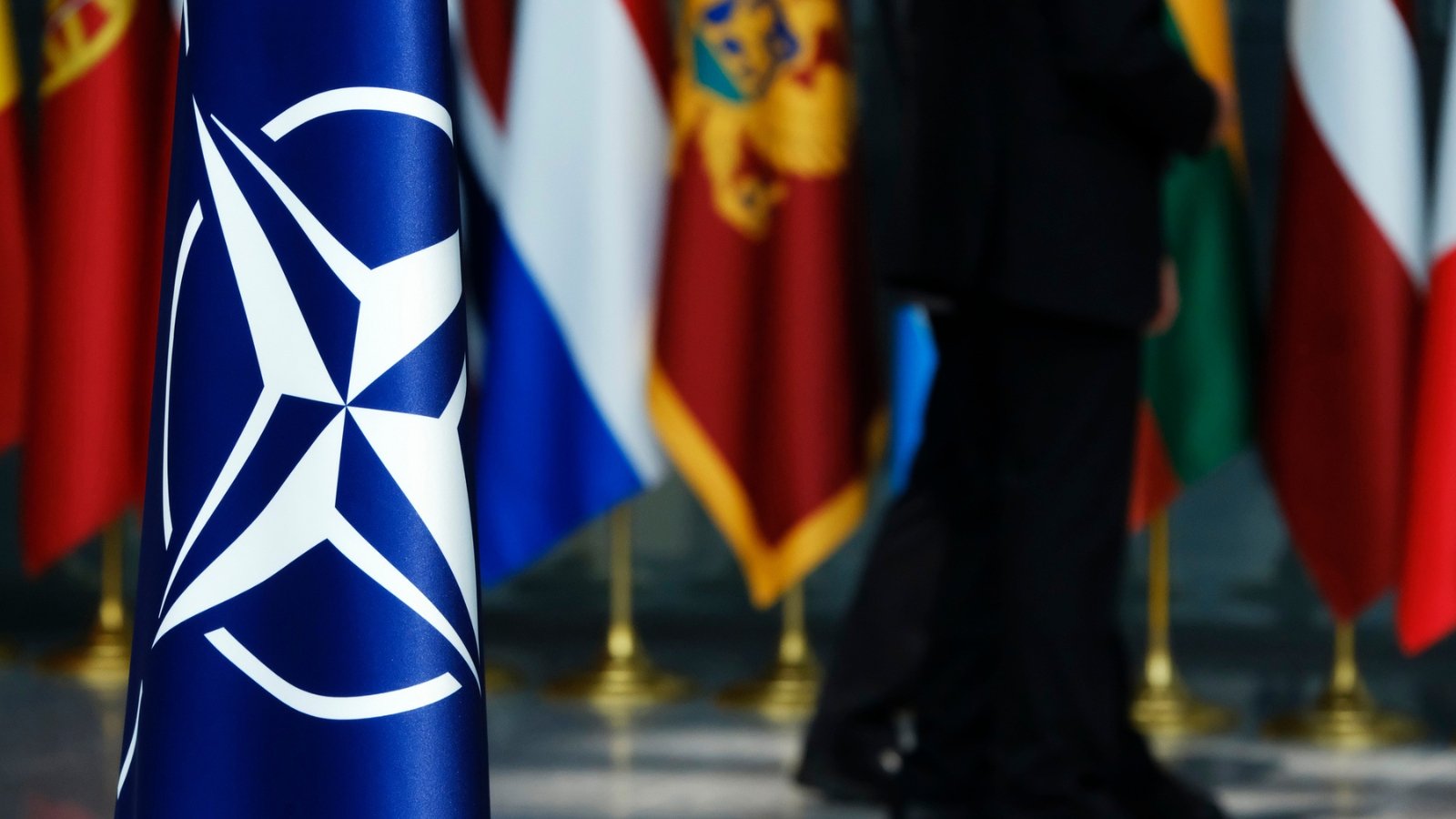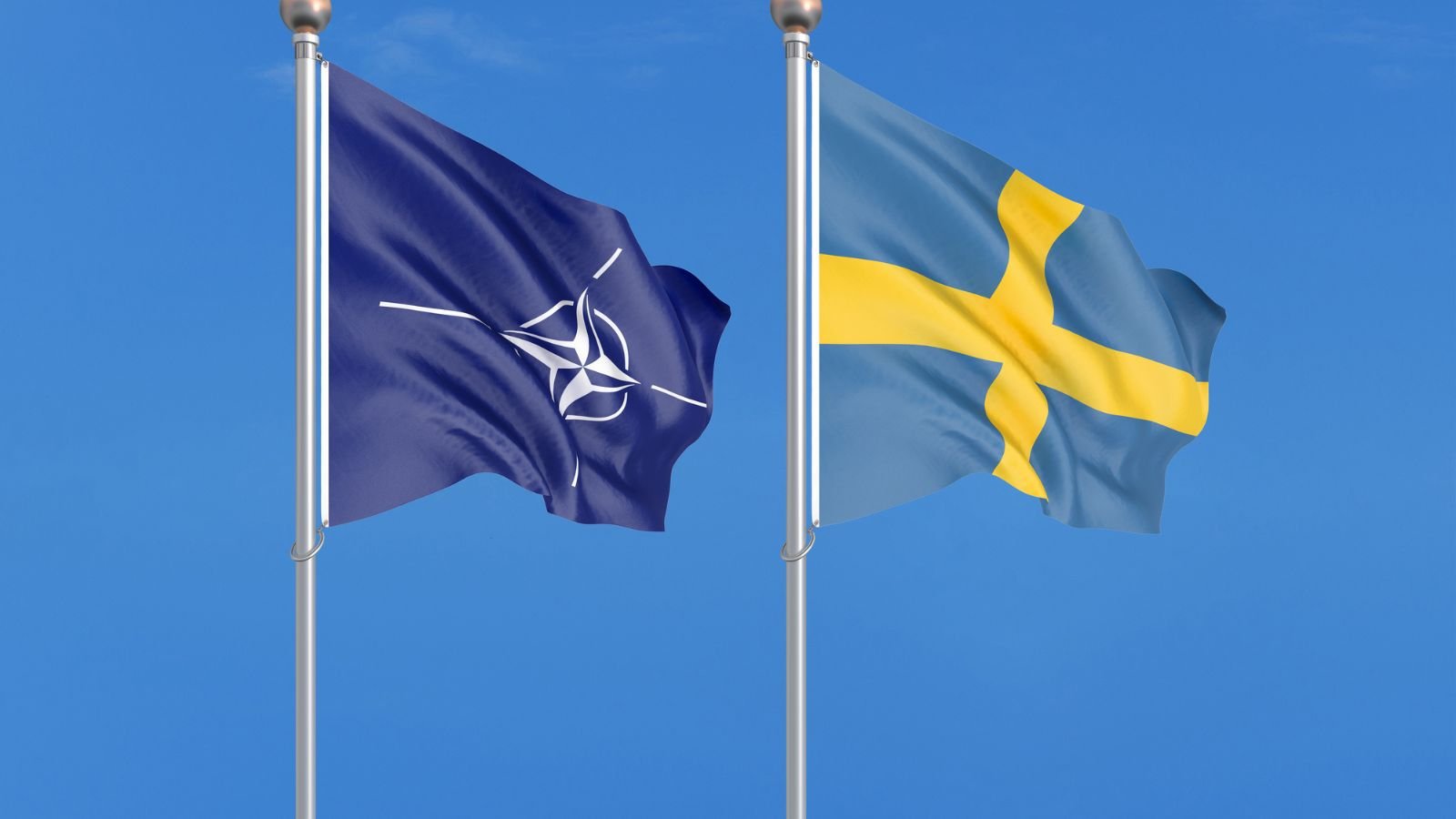Sweden’s recent accession to NATO signified a pivotal shift in its defense strategy to bolster security near Russia’s borders and enhance regional stability.
The decision arose amidst concerns about potential threats and the need for collective defense measures in the Baltic Sea region.
Strengthening NATO’s Northern Presence

Sweden’s inclusion as the 32nd NATO member strengthened the alliance’s northern presence and deterrence capabilities.
This move reflected a proactive response to evolving security challenges and demonstrated solidarity among NATO allies.
Gotland’s Strategic Importance

Granting NATO access to Gotland Island enhanced surveillance, control, and deterrence in the Baltic Sea.
The island’s proximity to Russia’s Kaliningrad heightened discussions on regional security and defense strategies.
Collaborative Defense Strategies

Sweden’s integration into NATO facilitated collaborative defense efforts, including joint exercises and intelligence sharing.
These initiatives aimed to improve collective defense readiness and coordination among NATO members.
Responding to Security Concerns

Sweden’s NATO membership was a strategic response to heightened security concerns, particularly regarding potential Russian aggression.
Joint discussions focused on adapting defense strategies and enhancing regional stability through collective defense measures.
Transatlantic Solidarity and Cooperation

Joint military drills between the U.S. and Sweden showcased transatlantic solidarity and commitment to NATO’s expanded presence.
This collaboration underscored the shared responsibility for maintaining the region’s peace, security, and deterrence.
Enhanced Surveillance and Monitoring

Investments in surveillance technologies and early warning systems contribute to improved threat detection and rapid response capabilities.
Enhanced situational awareness is vital for effective defense planning and coordination among NATO allies.
Diplomatic Engagement for Regional Security

Diplomatic dialogues between Sweden and NATO allies focused on strategic alignment and shared defense priorities.
These engagements fostered closer cooperation, coordination, and joint decision-making on regional security matters.
Modernizing Defense Capabilities

NATO and Sweden focused on modernizing military capabilities and increasing interoperability to counter evolving security threats effectively.
The emphasis was on readiness, resilience, and crisis management strategies for effective defense operations.
Read More From The Stock Dork



 Tags:
Tags:










